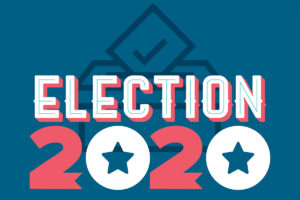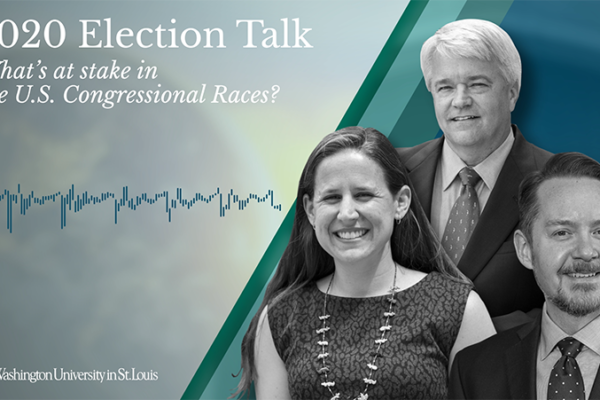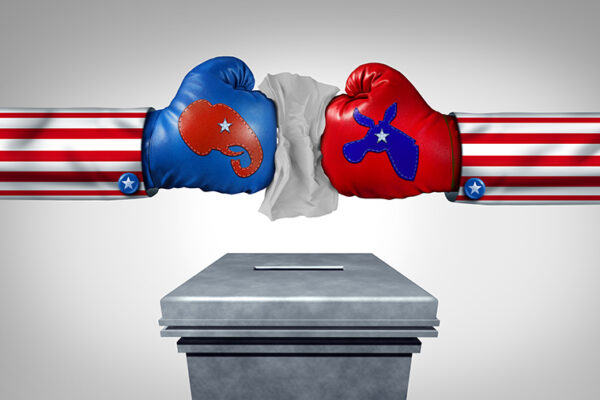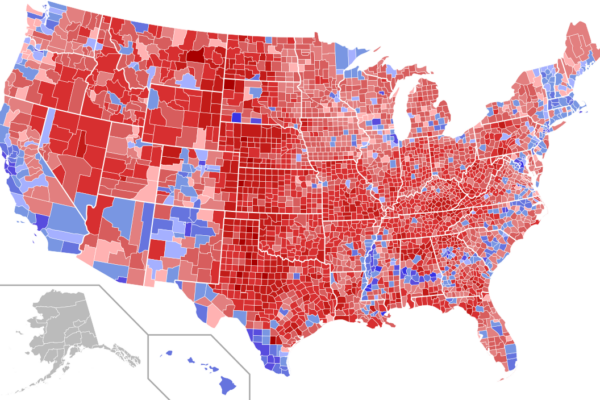This political science roundtable discussion is the second in a two-part series aimed at helping listeners to better understand the news, polls and issues in this year’s election. Listen to the first part here.
The outcome of the 2016 election surprised a lot of people, especially the political pollsters who predicted Hillary Clinton would win the election. This year, former Vice President Joseph Biden has consistently outperformed President Donald Trump in the polls. But how dependable are they?
 The reliability of the 2020 polls and lessons learned from 2016 are just a few of the topics Washington University in St. Louis’ Steven Smith, the Kate M. Gregg Distinguished Professor of Social Science, discussed recently with Betsy Sinclair, professor of political science, and Andrew Reeves, associate professor of political science, all in Arts & Sciences. They also discussed election integrity and voter confidence in the election outcome.
The reliability of the 2020 polls and lessons learned from 2016 are just a few of the topics Washington University in St. Louis’ Steven Smith, the Kate M. Gregg Distinguished Professor of Social Science, discussed recently with Betsy Sinclair, professor of political science, and Andrew Reeves, associate professor of political science, all in Arts & Sciences. They also discussed election integrity and voter confidence in the election outcome.
Here are some key takeaways from their conversation:
Smith, Reeves and Sinclair all agree that we are in a better position regarding the polls. Different from four years ago, the battleground states are better scrutinized and the major polling organizations are doing more polls with larger samples, making the results more trustworthy.
However, this is 2020 and anything could happen. A sudden spike in COVID-19 cases, excessively long lines at voting sites, legal challenges and a host of other issues could impact the election outcome.
One thing that is certain: The majority of voters are concerned about the legitimacy of the election results. Smith’s research with the university’s Weidenbaum Center found partisans view differently these threats — including fraud, foreign interference and cheating by election officials. Read more about that research.
Regardless of who wins, though, the day after Election Day is coming.
“On Nov. 4, we have to figure out how to live together and how to support the myriad of democratic institutions in which we are embedded. Our national politics is only one of them,” Sinclair said. “On Nov. 4, figure out a way to make a friend with someone who has different political opinions than you do and figure out how to fill potholes, or build crosswalks, or vote in your school board elections, because those are the things that are going to sustain the democratic enterprise until the next presidential election.”


